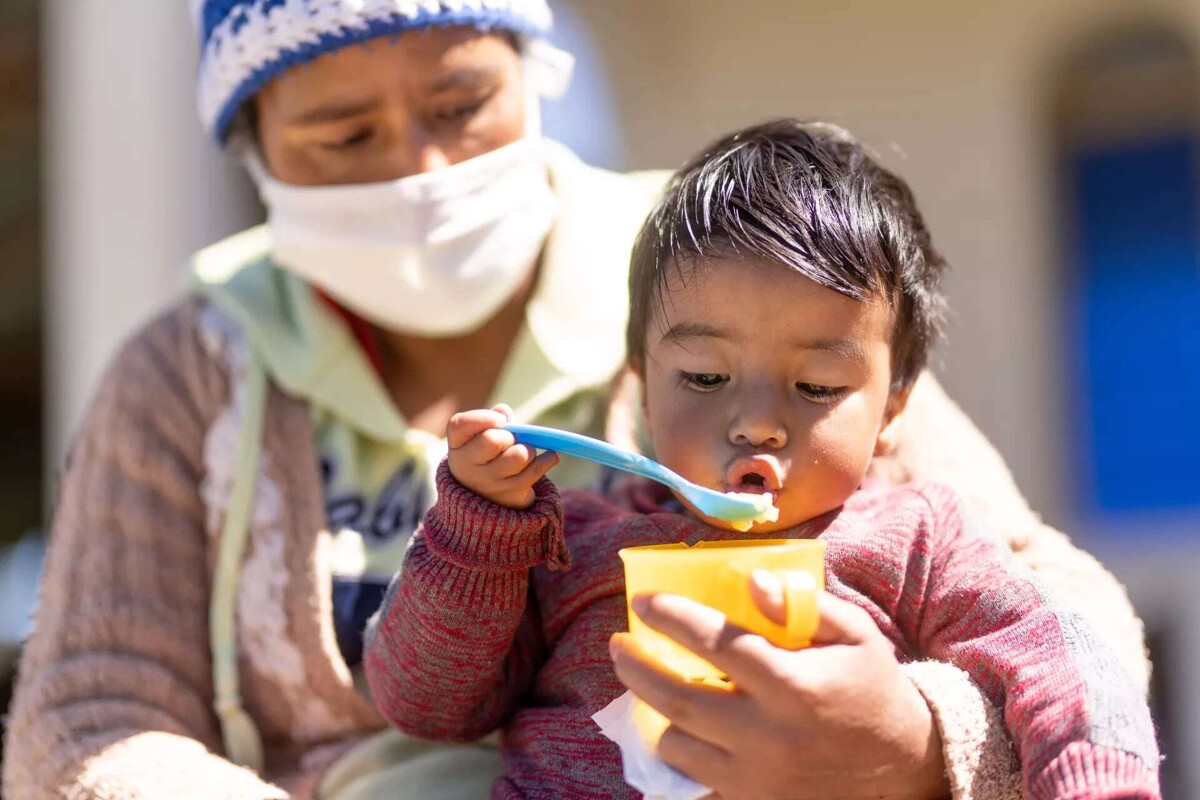
It is essential to create safe education and care environments to ensure the well-being of girls and boys. Despite some progress, there is still 2% of children under 5 years old with malnutrition and 25% lack access to preschool education. Furthermore, they face risks such as violence, inadequate diets, mental health issues in caregivers, pollution, among others.
To address these challenges, it is crucial to invest in early childhood care and education programs, cash transfers, parental support, and public policies focused on early childhood. The lack of investment in this stage can have negative effects on sustainable and equitable development. Despite the importance of this stage, only 25.4% of children aged 3 and 4 in low-income countries receive the necessary care, putting their optimal development at risk.
Child development during the first 5 years is fundamental, highlighting neuronal maturation that supports the growth of motor, linguistic, and interactive skills, as well as self-regulation and executive functioning. Research indicates that not investing at least one year in education and care can result in a 7% loss of future GDP in low-income countries.
The Early Institute and other organizations are urging governments, especially in low-income nations, to increase funding for effective early childhood interventions. The series "Early Childhood Development and the Next 1000 Days" emphasizes the importance of the processes during the ages of 2 to 5 that significantly influence individuals' physical and mental health.
Although the first 2 years are crucial for human physical and brain growth, the following 1000 days are essential for solidifying and continuing that development, as well as for mitigating risks and seizing missed opportunities. The journal The Lancet has also published a series that highlights advances and omissions regarding early childhood, emphasizing the need to protect and strengthen this sector with initiatives that respect their fundamental rights.














